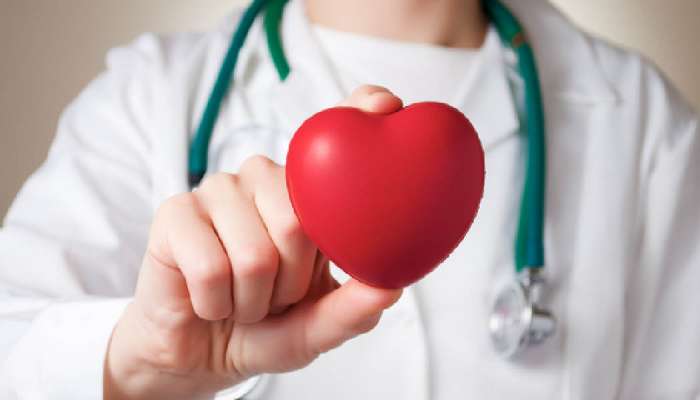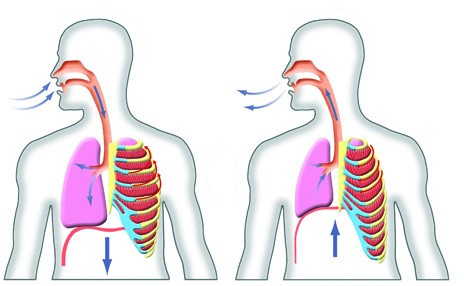
I would do an EKG, just a basic test on your heart, to make sure the electrical activity looks normal, make sure I'm not seeing anything unusual there. I'd probably do a chest X-ray just to look at your lungs, look at your heart size, make sure everything is normal there. Madsen: Absolutely, yeah, and that becomes the challenging thing because the reality is if I were to see you in the ER, I'd probably at least do a couple tests. And are there some very specific symptoms of that?ĭr. And then the second thing that I want to do right now is the importance of if you do feel like you are having a heart attack that you should go to the ER. Interviewer: Maybe that is indeed what it is. Because sometimes just realizing what it could be makes you visualize it differently. One, I'm going to pay attention next time and see maybe if I feel that it is acid reflux. Interviewer: Well, I was going to say, this could point probably at this point two things. I don't want to tell you that now, I know you are going to have a heart attack just Try some ibuprofen for some of these other things. Maybe try some acid medications, some stomach medication for the reflux. There's not a lot I'm going to do differently for these things. It could be some muscle thing, some inflammation there. The reality with chest pain is, I tell patients, "Hey, once we've ruled out the bad stuff, it could be any of a number of things. That could cause, possibly, something that comes and goes like that, especially where it's worse when you take a deep breath. Sometimes you could get maybe some muscles spasm or some inflammation between the ribs. Madsen: And sometimes you can, in your back, you can have some muscle spasm.

Interviewer: And it freaks my wife out a little bit when I'm like, "Oh, oh." And I try to take that deep breath and I can't, because there's that catch or something there.ĭr. And it tends to be pretty consistent to where it will develop when it develops. It's always off to the side, like up in this area. Interviewer: I was thinking that's about as close, but it's not in the center. But with your symptoms, if I had to say it's anything, I would lean more toward maybe some reflux, that feeling like a bubble in there. And that can cause, again, some chest pain in there that sometimes worse when you take a deep breath. Sometimes, you can get what we call pleuritis, where you get inflammation along the lining of the lungs.

So the breast bone there, where they come together there, that that can get inflamed either from sometimes a viral infection, or just from maybe overuse, or maybe even you've been twisting wrong, and that causes some inflammation that can cause some pain. And that's an inflammation in the cartilage where the ribs come and they meet the sternum. Most people describe it as a burning sensation there, maybe a bitter taste in the back of their mouth.Īnother thing we see often is something called costochondritis. People get acid reflux, acid that's working it's way up from the stomach through the esophagus into that food tube that runs down your chest, and that can oftentimes cause a feeling like maybe a bubble in your chest. And probably one of the most common things is acid reflux. But once we rule out the more serious things, and I start to think about other things that often cause chest pain. I might do some basic tests to make sure things are okay there. Have you had any recent surgery or anytime you just haven't been moving a lot where you could have formed a clot that went to your lungs? Acid Reflux (GERD)īut what you're describing doesn't sound much like either of those things. I've got to make sure it's nothing serious." So I would ask you about, do you have any risk factors for heart disease, any risk factors for blood clots in your lungs? So those are number one and two I'm thinking about. So in my mind, of course, I'm thinking, "Okay. This is a very common question I get in the ER, and I may see over the course of the shift maybe even a couple of people, like yourself, who have this exact same question. Do You Have Risk Factors for Heart Disease or Blood Clots?ĭr.

What could that possibly be? I hope I haven't been having heart attacks this whole time. And it'll either just go away, or if I can take a deep enough breath, it feels like it pops. It's difficult for me to take a deep breath.

It feels like a bubble, like an air bubble maybe. I don't think it ever happens on the right, but it feels like there's a lot of pressure in there. Madsen, sometimes I get this thing on my left side of my chest. Troy Madsen is an emergency room physician at University of Utah Health, and Dr. Interviewer: You have chest pain, but you don't think it's probably a heart issue, what could that be? Well, we're going to examine that next on The Scope.Īnnouncer: This is "From the Frontlines with Emergency Room Physician Dr.


 0 kommentar(er)
0 kommentar(er)
